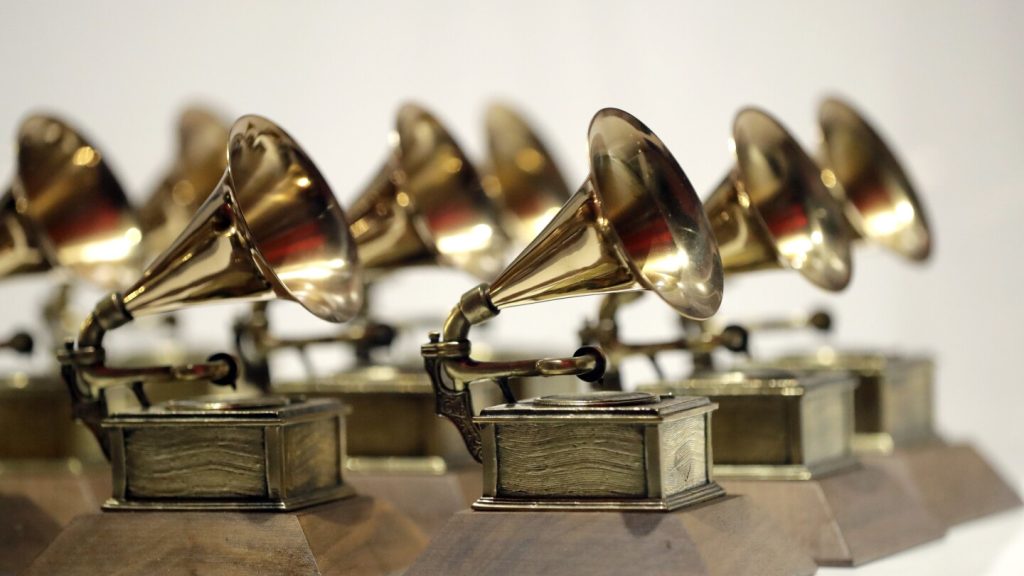The Grammy Awards have faced criticism for years due to a lack of diversity in their nominees and winners, with artists of color, women, and genres like rap and contemporary R&B being underrepresented. To address these concerns, the Recording Academy has been working on increasing diversity within its voting body. In 2019, the Academy announced a commitment to add 2,500 women to its voting body by 2025, and they have already surpassed that figure with over 3,000 female voting members added. This effort has led to more women dominating the major categories at the Grammy Awards.
The push for diversity at the Recording Academy began with the creation of a task force focused on inclusion and diversity after controversial comments made by the previous CEO, Neil Portnow. Since 2019, approximately 8,700 new members have been added to the voting body, bringing the total number of members to over 16,000. The academy has also increased its number of members who identify as people of color by 63%, showing progress towards a more diverse and inclusive voting body. Mason assures that the goal is not to create an all-new voting body, but rather to be intentional in selecting members who represent a wide range of genres and groups.
The process of becoming a voting member at the Recording Academy has been updated to ensure that members have a primary career in music, two recommendations from industry peers, and 12 credits in a single creative profession. This has been compared to the Academy of Motion Picture Arts and Sciences, which also updated its voting privileges in response to criticism over lack of diversity. The Recording Academy has seen growth in voters across different racial backgrounds since 2019, with 100% growth in AAPI voters, 90% growth in Black voters, and 43% growth in Latino voters. However, there is still work to be done in improving gender and age diversity within the voting body.
Looking ahead, the Recording Academy plans to continue its efforts to increase diversity and representation within its voting membership. While there may not be a specific public commitment to a target figure, Harvey Mason jr., academy president and CEO, promises that the goal is to be the most relevant, reflective, and accurately representative of the music community as possible. The Academy will continue to engage with underrepresented communities and strive to ensure that their voting body is truly inclusive and representative of the diverse music industry.















